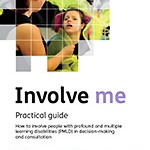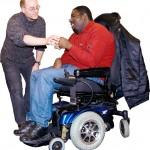
Digital mental health is thriving in 2013 and we are thrilled to be part of the growing community with our Mental Elf website and app. We have had time to reflect on the development of the Mental Elf website recently, as André was interviewed by Hannah Nicklin from Hide and Seek who had been asked to [read the full story…]








